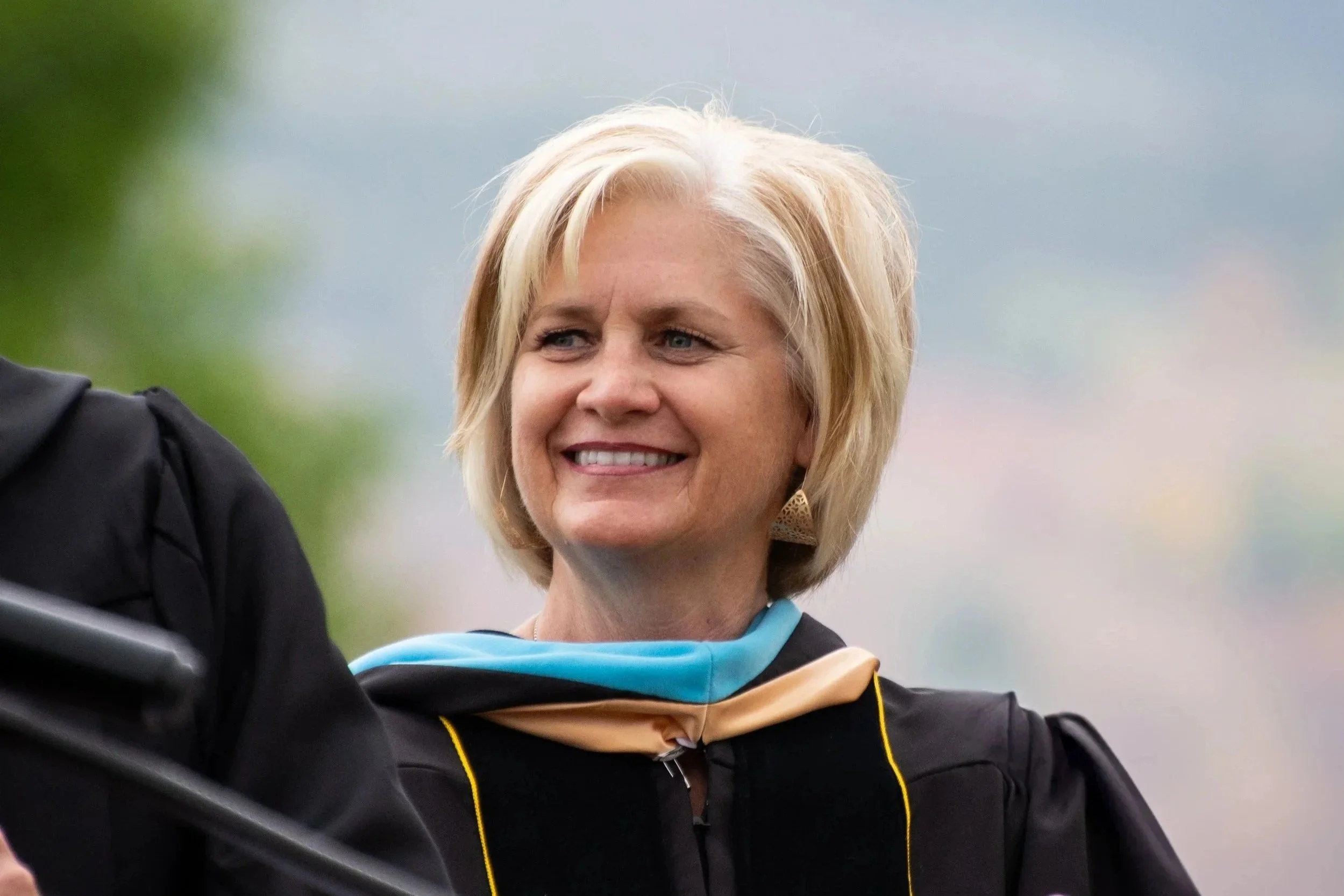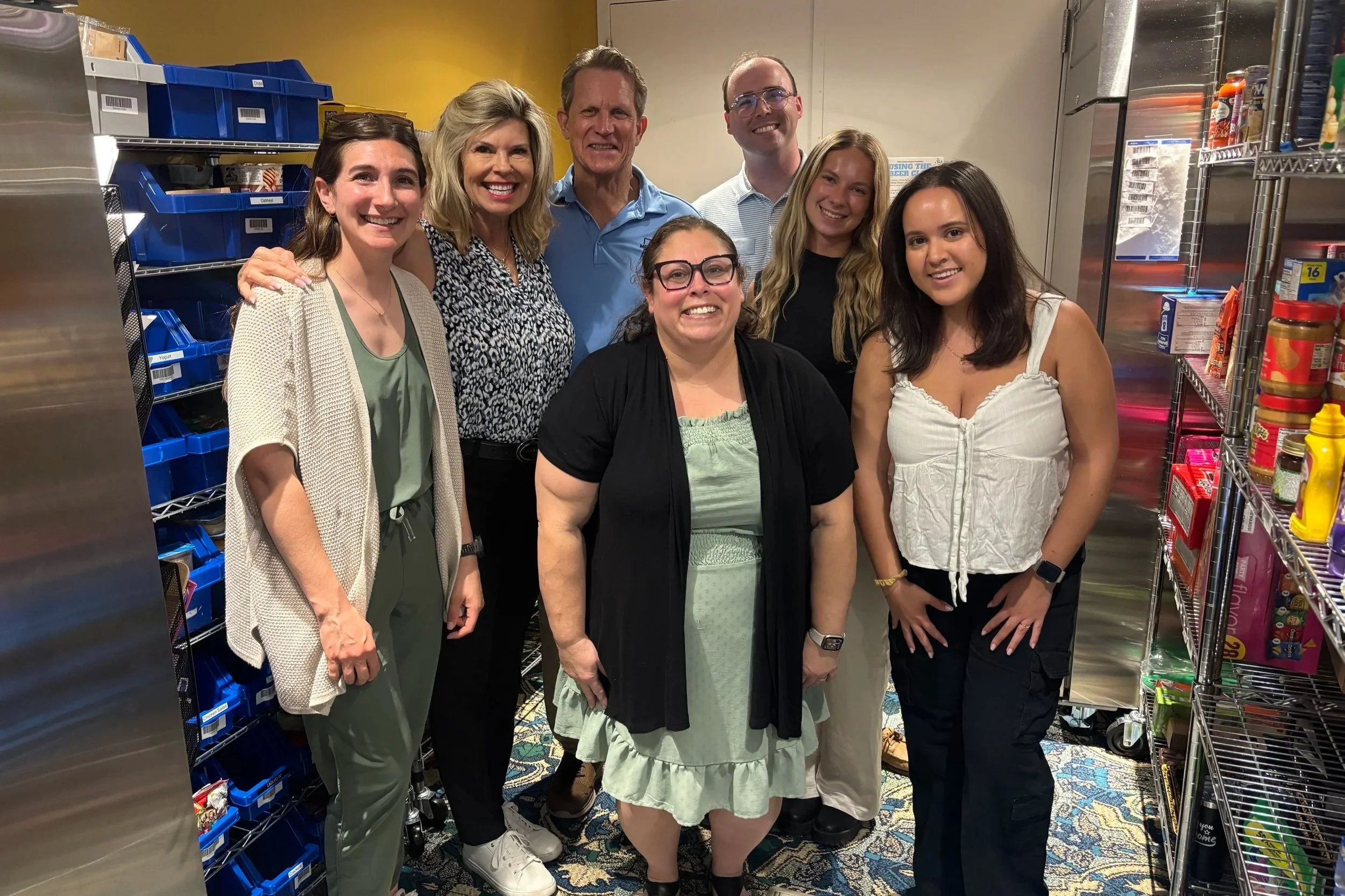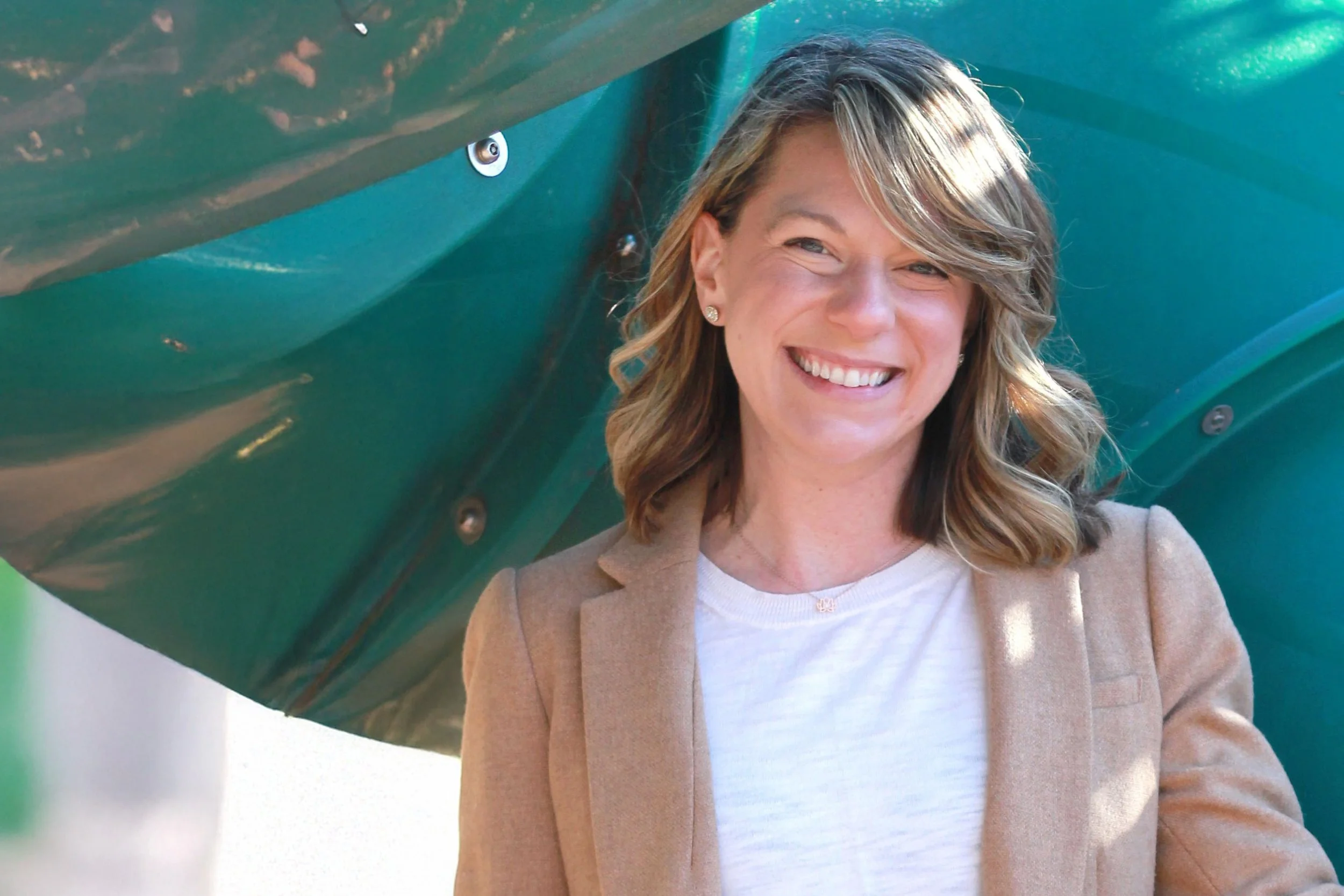Disrupting the child welfare system through policy
The child welfare system in the US is ripe for disruption. Every year over 7 million children are reported for child abuse or neglect and many are removed from their families. Currently, there is no single place for families and communities to access information on how to navigate the system. To drive change, we need innovative partnerships, radical transparency and open communication.
That’s why MFF is investing heavily in child welfare. We are building coalitions with thought leaders, policy experts, child welfare organizations and those with lived experience to find community-driven solutions. We are supporting ground-breaking research. And, most importantly, we’re sharing resources to help anyone and any organization build better lives for children and families impacted by the child welfare system.
While awareness and education are important first steps, any strategy aiming to improve child welfare must consider policy. Changing policy is key to impacting as many children and families as possible, making interventions more effective when necessary and obsolete when not.
Our partners are supporting and contributing to new policy initiatives locally in Colorado and around the country. They’re incorporating the voices of those with lived experience, bringing together bipartisan sponsors and setting the stage for meaningful change.
Here’s what’s in the works.
Only 3% of foster youth graduate from college, compared to 37% of their peers. Colorado is one of only 15 states without a tuition waiver program for foster youth. A new bill seeks to change that.
If passed, Senate Bill 22-008 will provide free tuition and require high schools, the Department of Higher Education, and colleges and universities to help students navigate the admissions process. About 4,500 students would be eligible for the scholarship each year, changing countless lives.
MFF is supporting this bill alongside Mile High United Way, Metropolitan State University of Denver & the MSU Epic Scholars program.
Nationally, our partner Think of Us joined 100+ local and national organizations to back efforts to pass two bills aimed at removing barriers and providing support for students experiencing homelessness and in foster care. As many as 25 percent of foster youth will experience homelessness within 4 years of aging out of the system and of the 27,342 foster youth who shared their needs and experiences with Think of Us in 2020, 14.7 percent were experiencing homelessness.
The first bipartisan bill, introduced by Senators Patty Murray (D-WA) and Robert Portman (R-OH) and U.S. Reps. Katherine Clark (D-MA-5) and Don Young (R-AK-At Large), the Higher Education Access and Success for Homeless and Foster Youth Act asks colleges and universities to improve outreach to and resources for students experiencing homelessness or in foster care.
The second bipartisan bill, introduced by Senators Bob Casey (D-PA), Sherrod Brown (D-OH) and Tina Smith (D-MN) and Representatives Danny Davis (D-IL-7) and Raja Krishnamoorthi (D-IL-8), is the Fostering Success in Higher Education Act, which would invest $150M per year to improve college access, retention and completion rates for at-risk young people.
Think of Us identifies good policy opportunities through a combination of methods.
“You can’t become an effective problem solver from a distance, you have to understand the nuance in what people want, what people need,” said Sixto Cancel, founder and CEO of Think of Us.
To understand the nuance in the issues facing foster care children and families, Think of Us brings to the table people with lived experience while also collecting data more broadly to understand the average experience. They actively avoid siloing issues.
“What we know about the [issues impacting foster youth] is that they’re interconnected. And so we should always be thinking about them as interconnected,” explained Sixto, “We try not to look at the issue area and instead ask, ‘What does the young person actually need in order to heal and to develop the skill sets and mindsets that they need to be positioned to thrive?’”
For example, a young person cannot be expected to thrive in school if they are sleeping in their car or working three jobs just to feed themselves. Even proven interventions, like connecting former foster youth with peer navigators to help them through college, aren’t as effective as possible when implemented alone. Former foster youth need peer support but they need relational and financial support as well.
Sixto, who grew up in the child welfare system himself, challenged funders and organizations working to improve child welfare to recognize these interconnected issues and bring all kinds of voices to the table. We need to hear not just from the former foster youth who have been to college and who have graduated but the people who have not as well – the people who are often not invited to the conversation.
In early May, Think of Us will launch the Center for Lived Experience, a first-of-its-kind research and development hub that gathers insights, data, and experiences from those who have experienced foster care and models the integration of these findings into child welfare initiatives.
For more about Epic Scholar’s innovative structure and success, check out our recent interview with students, administrators and researchers.




